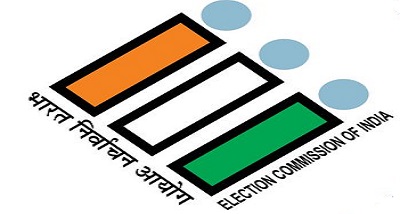In response to recent violations of election rules on social media, the Election Commission has issued directions to political parties regarding the responsible and ethical use of these platforms during election campaigns. The Commission has warned against the misuse of AI-based tools to create deep fakes, which can distort information and spread misinformation, thereby undermining the integrity of the electoral process.
The Election Commission has reminded political parties of existing legal provisions governing the use of social media, including the Information Technology Act of 2000, the Information Technology (Intermediary Guidelines and Digital Media Ethics Code) Rules of 2021, the Indian Penal Code, and the Representation of People Act of 1950 and 1951, as well as the Model Code of Conduct.
Among the specific directions given to political parties are refraining from publishing and circulating deep fake audios/videos, avoiding dissemination of patently false or misleading information, refraining from posting derogatory content towards women, abstaining from using children in campaigns, and avoiding depictions of violence or harm to animals.
Additionally, parties have been instructed to promptly remove any such objectionable content within three hours of being notified, take action against those responsible within their party, report unlawful information and fake user accounts to the respective platforms, and escalate persistent issues to the Grievance Appellate Committee under Rule 3A of the Information Technology (Intermediary Guidelines and Digital Media Ethics Code) Rules of 2021.
The Election Commission’s guidelines aim to ensure a level playing field among all stakeholders and uphold the integrity of the electoral process amidst the widespread use of social media in election campaigning.














